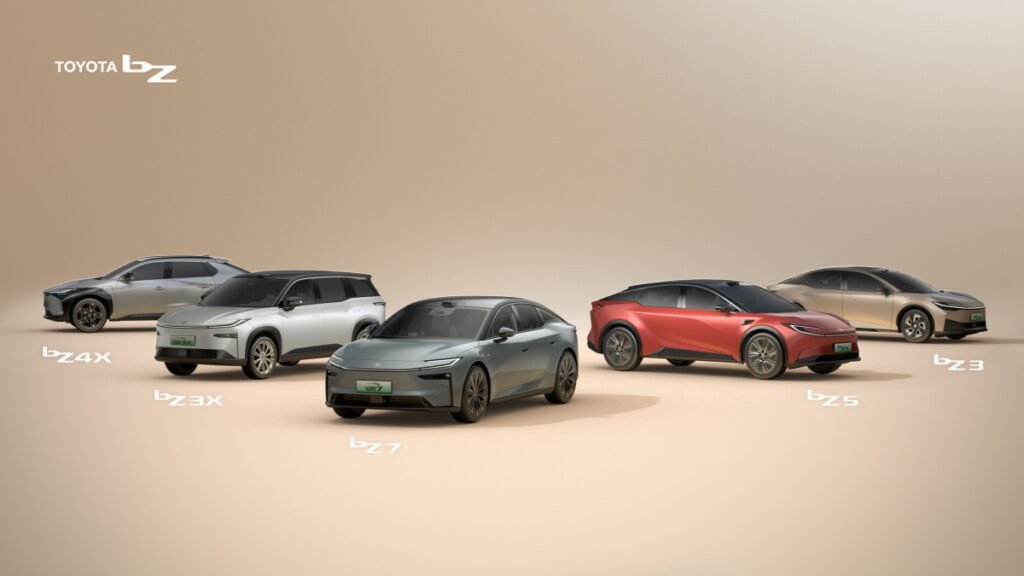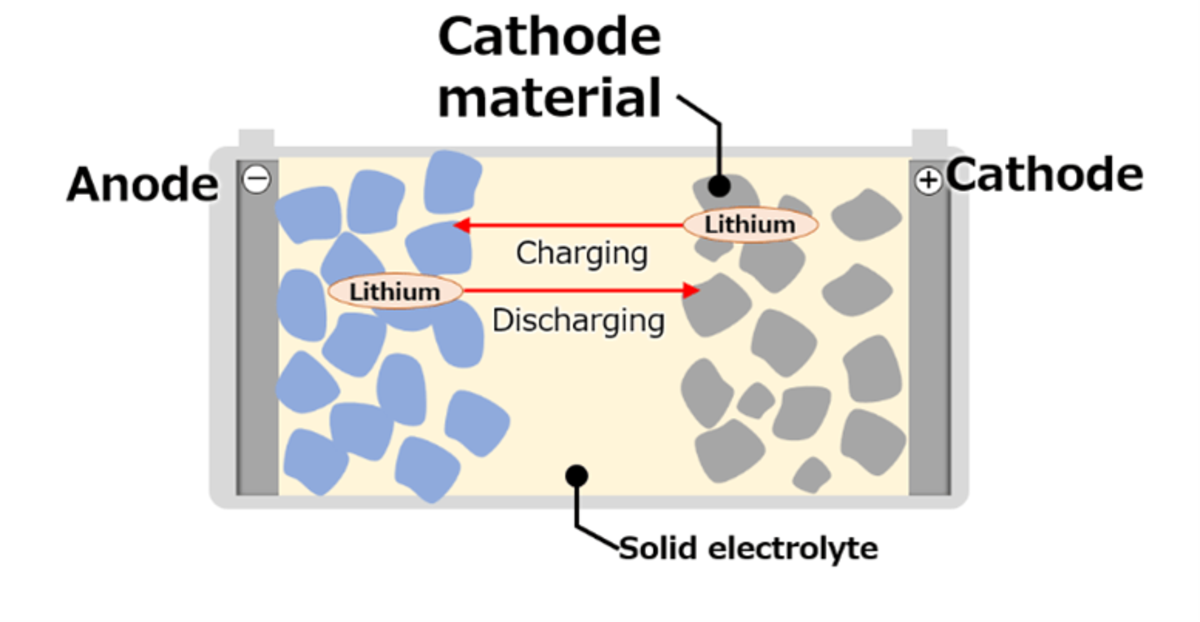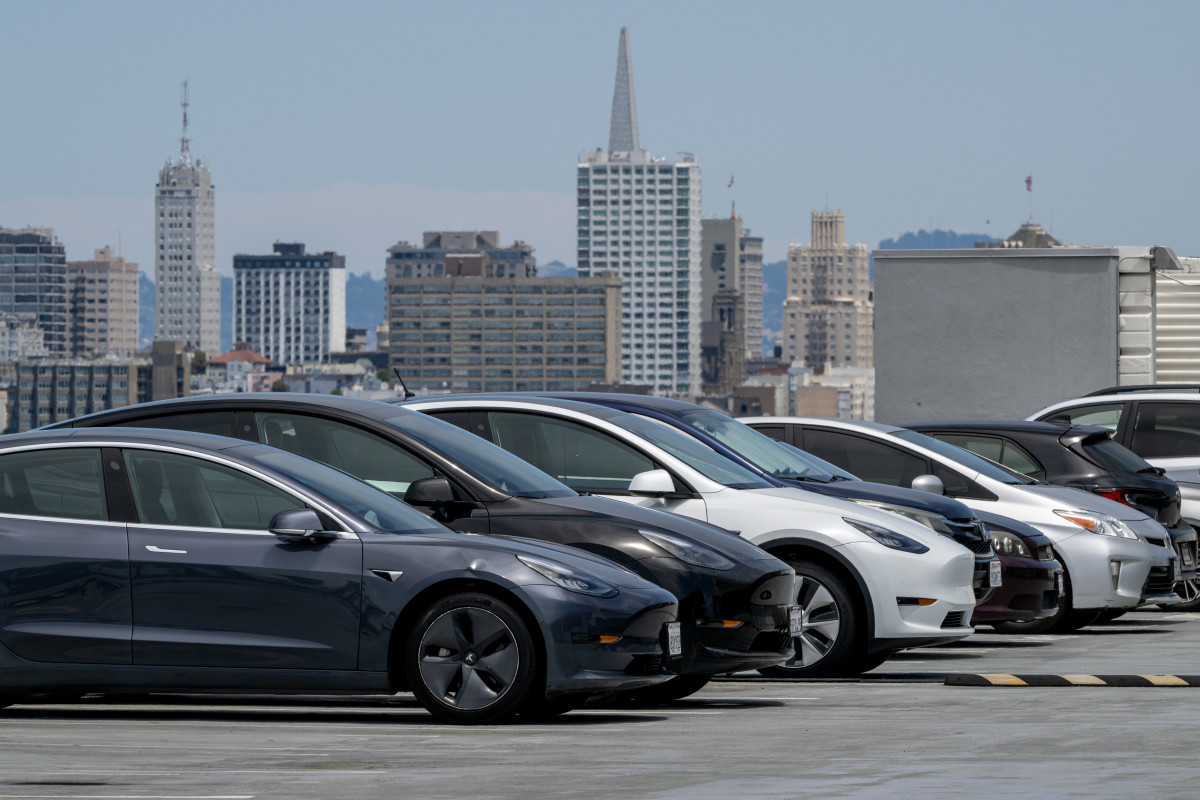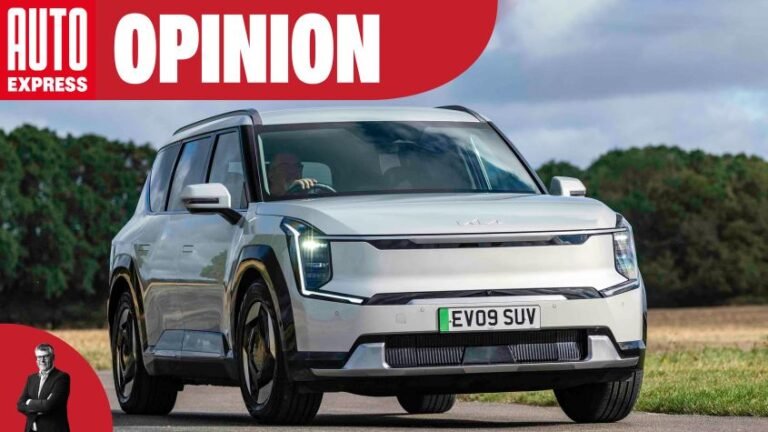
- Toyota and Sumitomo Metal Mining are developing cathode materials for solid-state batteries
- Could lead to smaller, longer-lasting, faster-charging EV batteries
- First solid-state battery EVs expected between 2027 and 2028
Toyota is edging closer to what could be the most important leap in EV innovation yet. In partnership with Sumitomo Metal Mining, the automaker has achieved a promising breakthrough in solid-state battery development. While semi-solid-state batteries have made progress in China, Toyota seems confident it’s closing in on a true solid-state solution.
New Chapter in EV Battery Tech
YouTube @WeberAuto
Automakers have relied on lithium-ion batteries for nearly 30 years, dating back to the 1996 General Motors EV1. But as electric vehicles evolve, so must their energy sources. The goal? Higher energy density, faster charging, and greater safety through the means of solid-state batteries. Unlike conventional lithium-ion packs that rely on liquid electrolytes, solid-state batteries use solid electrolytes that don’t fuel thermal runaway, drastically improving safety. Solid-state units are also more compact, stable, and capable of delivering more power per charge cycle. There are other battery tech alternatives, but none are as appealing as solid-state tech when it comes to efficiency and performance. Toyota, alongside Sumitomo, claims to have developed a “highly durable cathode material” – the missing piece that could finally make mass-market solid-state EVs a reality.
The Technical Leap That Made It Possible
Toyota
Toyota and Sumitomo have been working together since 2021 to overcome the major barrier to solid-state adoption: cathode degradation over time. Through Sumitomo’s proprietary powder synthesis technology, the two companies have developed a robust and consistent cathode material designed to withstand countless charging cycles without losing efficiency. Before moving into large-scale production, Toyota plans to continue refining the technology for cost, quality, and performance. If all goes according to plan, the EVs powered by these next-generation batteries will arrive around 2027 or 2028.
What It Means for the EV Industry
Getty Images
While Toyota currently collaborates with brands like BMW and Subaru for certain gasoline engines, the tables could soon turn in the electric space. If its solid-state batteries deliver as promised, Toyota could become the supplier others rely on. With this technology, the company may leap ahead of current leaders like Tesla, Lucid, and Hyundai – whose entire lineup still relies on lithium-ion chemistry. Solid-state batteries promise to solve nearly all downsides of having an electric car. If the tech works as promised, the EV industry could soon witness a genuine revolution.

